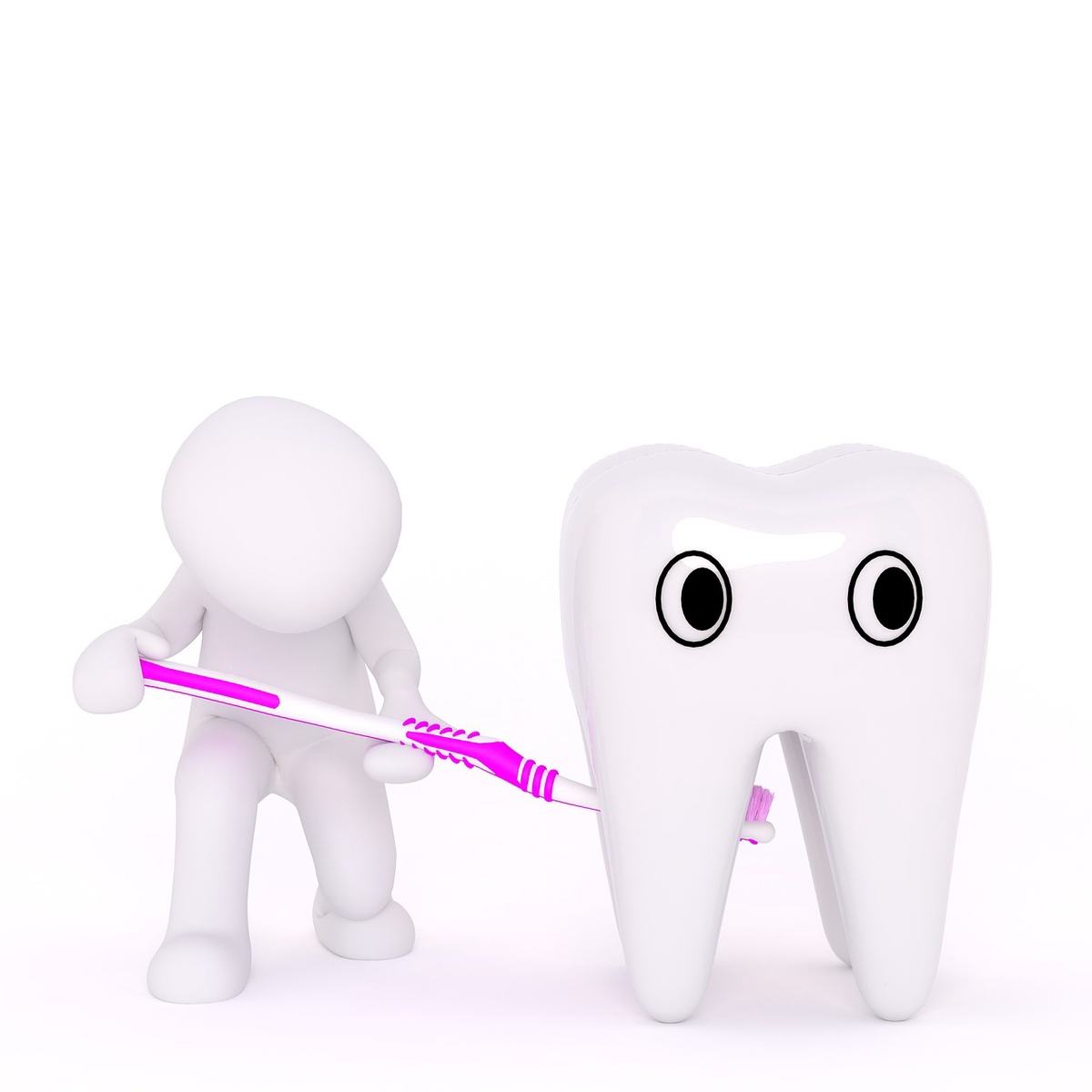Dental hygiene is fundamental to maintaining a healthy smile and overall well-being. Whether you're new to oral care or looking to refresh your knowledge, understanding the basics of dental hygiene is essential. In this beginner's guide, we'll explore the fundamentals of dental hygiene, from proper brushing and flossing techniques to the importance of regular dental check-ups.
Introduction
Good dental hygiene is more than just brushing your teeth—it involves a combination of daily habits and professional care to keep your teeth and gums in optimal condition. By understanding the basics of dental hygiene and implementing simple practices into your routine, you can achieve a healthy and confident smile for life.
The Basics of Dental Hygiene
1. Brushing Your Teeth
Brushing your teeth is the cornerstone of good oral hygiene. Use a soft-bristled toothbrush and fluoride toothpaste to gently clean the surfaces of your teeth, including the front, back, and chewing surfaces. Hold your toothbrush at a 45-degree angle to your gums and brush in small, circular motions to remove plaque and food particles effectively. Be sure to brush for at least two minutes, twice a day, preferably in the morning and before bedtime.
2. Flossing Between Your Teeth
Flossing is an essential part of dental hygiene that helps remove plaque and debris from between your teeth and along the gumline. Use about 18 inches of dental floss and gently slide it between your teeth, curving it into a C shape around each tooth and sliding it up and down to remove plaque and food particles. Be sure to floss between all of your teeth, including the back molars, at least once a day, preferably before bedtime.
3. Using Mouthwash
Mouthwash can complement your brushing and flossing routine by killing bacteria and freshening your breath. Choose a mouthwash that contains fluoride to help strengthen your enamel and prevent cavities. Rinse with mouthwash after brushing and flossing for added protection against dental problems. However, it's important to note that mouthwash should not replace brushing or flossing—it should be used as a supplement to your oral care routine.
4. Eating a Balanced Diet
A healthy diet plays a significant role in maintaining good oral health. Limit sugary and acidic foods and drinks, which can contribute to tooth decay and erosion. Instead, opt for a balanced diet rich in fruits, vegetables, lean proteins, and whole grains. Foods high in calcium and vitamin C are particularly beneficial for your teeth and gums, as they help strengthen your enamel and promote healthy gum tissue.
5. Drinking Plenty of Water
Water is essential for good oral health as it helps rinse away food particles and bacteria that can lead to tooth decay and gum disease. Drink plenty of water throughout the day, especially after meals and snacks, to keep your mouth clean and hydrated. Avoid sugary and acidic beverages, which can damage your teeth and contribute to dental problems.
6. Avoiding Tobacco Products
Smoking and tobacco use not only stain your teeth and cause bad breath but also increase your risk of gum disease, tooth loss, and oral cancer. If you smoke or use tobacco products, quitting is one of the best things you can do for your oral and overall health. Talk to your doctor or dentist for support and resources to help you quit.
7. Visiting Your Dentist Regularly
Regular dental check-ups are essential for maintaining good oral health. Your dentist can detect early signs of dental problems and provide preventive care to keep your smile healthy. Schedule dental cleanings and check-ups every six months, or as recommended by your dentist, to ensure optimal oral health.
Conclusion
Understanding the basics of dental hygiene is crucial for achieving and maintaining a healthy smile. By incorporating simple practices such as brushing, flossing, and visiting your dentist regularly into your routine, you can enjoy a lifetime of good oral health and a confident smile. Remember, dental hygiene is an investment in yourself—prioritize your oral health and reap the rewards of a beautiful smile for years to come.


No comments yet